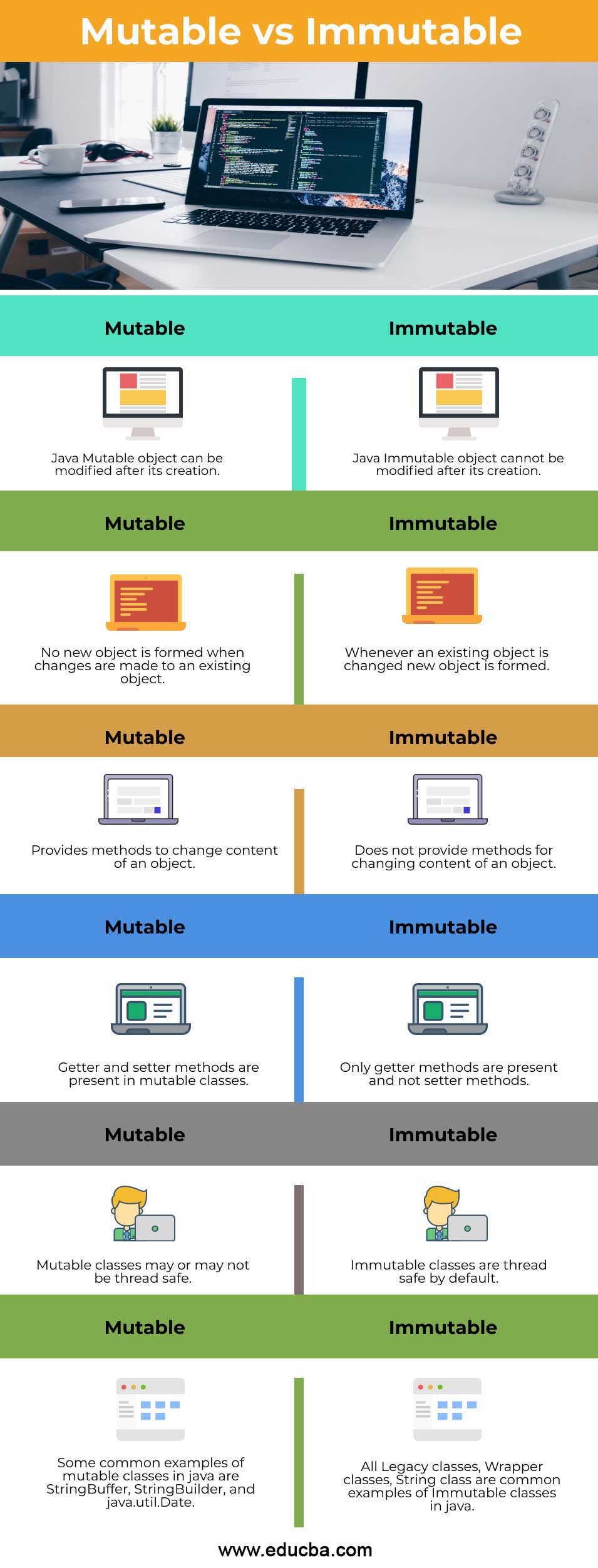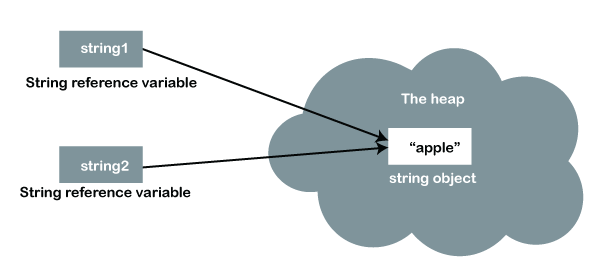Why Are Strings Immutable in Java? Vital Understanding for Developers
Why Are Strings Immutable in Java? Vital Understanding for Developers
Blog Article
What Is Unalterable Strings and Exactly How It Works
In the realm of shows, recognizing the idea of immutable strings is paramount for developing safe and robust applications. Unalterable strings refer to strings that can not be altered after they are created, making certain information stability and predictability within the code.
The Fundamentals of Immutable Strings
Immutable strings, as a fundamental principle in shows, are character sequences that can not be transformed when they are created. This implies that when a string is appointed a worth, that worth can not be altered. In languages like Python and Java, strings are immutable things, causing various effects in terms of memory administration and information integrity.
One of the vital advantages of immutable strings is that they provide a feeling of security in information control. Because the web content of an immutable string can not be customized, it ensures that the original data remains undamaged, reducing the danger of unintended changes during program execution (Why are strings immutable in Java?). This home also simplifies debugging processes, as developers can trust that when a string is specified, its value will certainly not be accidentally modified
Additionally, unalterable strings promote efficient memory usage. When a brand-new string is created based on an existing one, instead of customizing the initial string, the brand-new worth is kept independently. This approach improves efficiency by decreasing memory fragmentation and streamlining memory allocation processes. In general, comprehending the essentials of immutable strings is critical for grasping shows concepts and enhancing code performance.
Benefits of Unalterable Strings
Building upon the protection and efficiency benefits of immutable strings, their advantages extend to improving code dependability and streamlining concurrent programs tasks. By being unalterable, strings can not be modified after production, which eliminates the risk of unintentional modifications in the data they store. This integral immutability makes sure that when a string is created, its worth stays continuous throughout the program's execution, lowering the chances of bugs triggered by unexpected changes.
In addition, unalterable strings add to code dependability by making it less complicated to reason concerning the state of a program. Considering that strings can not be transformed, designers can trust that a string will certainly always hold the very same worth, simplifying debugging and upkeep efforts. This predictability results in extra steady and reputable codebases.

Execution in Programs Languages
Within different programming languages, the unification of unalterable strings is an essential aspect that impacts exactly how information is dealt with and adjusted within code structures. The execution of immutable strings varies throughout various programming languages, with each language supplying its own mechanisms to support this idea.

In comparison, languages like C and C++ do not have integrated support for immutable strings. Developers in these languages must by hand implement immutability by enforcing rules within their code to prevent direct alterations to string things.
Best Practices for Collaborating With Unalterable Strings
When taking care of immutable strings in programming languages like Java and Python, sticking to best practices makes certain efficient and safe and secure information adjustment. Among the key best techniques is to utilize StringBuilder or StringBuffer rather of directly manipulating strings, particularly when managing substantial concatenation procedures. These courses offer mutable options for string control, assisting to stay clear of unneeded memory allowances and boosting efficiency.
In addition, Full Article when functioning with delicate data such as passwords or API keys, it is essential to avoid storing them as plain message in unalterable strings. Using safe storage space devices like char varieties or specialized collections for managing delicate information helps reduce safety and security dangers associated with immutable strings.
Real-world Applications and Instances
Checking out practical executions of unalterable strings in different industries discloses their considerable effect on data integrity and system integrity. In the health care industry, unalterable strings play a crucial function in making sure the safety and discretion of person data. By protecting against unauthorized modifications to sensitive info such as medical documents and prescriptions, unalterable strings aid keep compliance with strict privacy guidelines like hop over to these guys HIPAA.
Banks also take advantage of the immutable nature of strings to boost the safety and security of consumer data and purchase records. Immutable strings help stop fraudulence and unauthorized alterations to financial information, providing a robust protection versus cyber threats and guaranteeing the trust fund and confidence of clients.

Final Thought
Finally, immutable strings are taken care of and stable sequences of personalities that supply advantages such as thread safety and improved efficiency in shows. They are carried out in various programs languages to make sure information integrity and safety. Finest methods for collaborating with immutable strings consist of staying clear of straight alterations and utilizing approaches that return brand-new string objects. Real-world applications of unalterable strings consist of data encryption, caching, and string manipulation tasks.
Immutable strings refer to strings that can not be altered after they are created, guaranteeing information stability and predictability within the code. When a new string is produced based on an existing one, rather than changing the initial string, the brand-new worth is saved individually.In languages like Java and Python, strings are immutable by default, suggesting that as soon as a string item is produced, its value can not be altered - Why are strings immutable in Java?. Best techniques for functioning with immutable strings consist of avoiding direct adjustments and utilizing approaches that return brand-new string things. Real-world applications of unalterable strings include data encryption, caching, and string adjustment jobs
Report this page